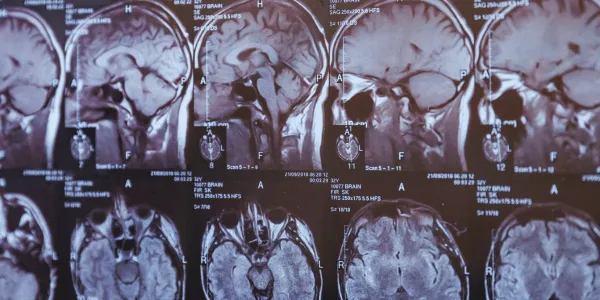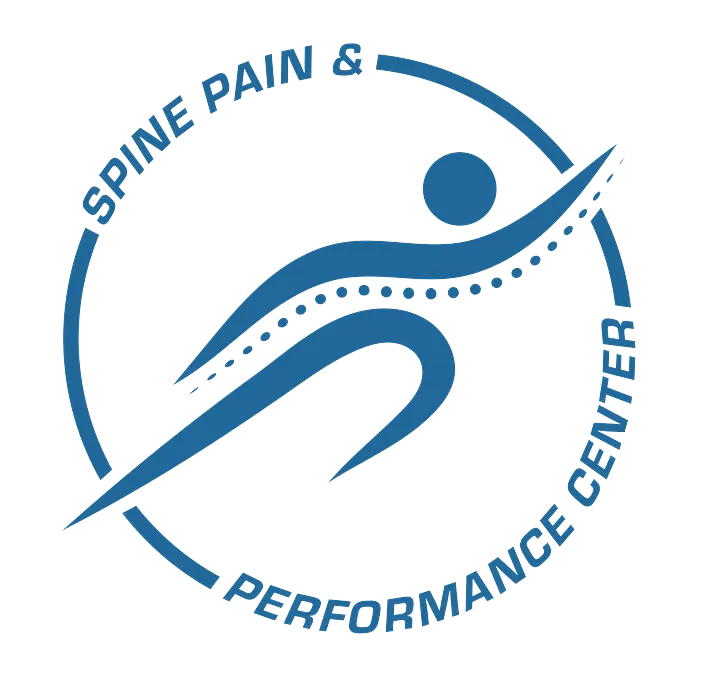
Childhood Concussions: Symptoms, Risks & Expert Care in Geneva, IL
Childhood concussions can range from mild to severe, and recognizing the signs is critical for parents. This blog explores the causes, symptoms, and risks of childhood concussions, as well as when to seek professional care. Learn what Drs. Ginsberg and Bletzinger recommend for identifying and managing concussions in kids, including warning signs to look out for and when to seek emergency attention.
Childhood Concussions: Symptoms, Risks, and Expert Care
What Are Childhood Concussions?
A concussion is a brain injury caused by trauma, such as a blow to the head, a fall, or being forcefully shaken. These injuries occur when the brain’s soft tissues press against the skull, causing damage to the tissues or blood vessels.
While mild concussions are common and typically not a cause for serious concern, some cases require immediate attention. As a parent, it’s important to understand the signs, risks, and appropriate steps to take following a head injury.
What Causes Childhood Concussions?
Concussions in children can result from:
Sports injuries (e.g., football, soccer, hockey).
Falls (e.g., from playground equipment).
Car accidents.
Head trauma during rough play or activities.
Certain factors increase a child’s risk of concussion, including:
Previous head injuries.
Participation in high-contact sports.
Use of blood-thinning medications or bleeding disorders.
Common Symptoms of Childhood Concussions
Concussion symptoms vary depending on the severity of the injury and may not always appear immediately. Symptoms include:
Immediate Symptoms:
Headache (mild to moderate intensity).
Dizziness or balance issues.
Loss of consciousness (brief or prolonged).
Seizures.
Delayed or Subtle Symptoms:
Mood changes (e.g., crankiness, irritability).
Loss of interest in favorite activities.
Difficulty concentrating or remembering.
Sleep disturbances (e.g., drowsiness, fatigue).
Reduced energy or appetite.
When to Seek Medical Attention
Parents should monitor their child closely for worsening symptoms over the days and weeks following a head injury. Seek professional care if your child experiences:
Increased difficulty waking up.
Persistent or worsening headaches.
Vomiting, particularly if it occurs repeatedly.
Trouble recognizing people or places.
Bleeding from the ears or nose.
Seizures or unequal pupil size.
Emergency Warning Signs
Long-term unconsciousness.
Difficulty walking or standing.
Symptoms lasting longer than six weeks.
In these cases, call 911 or visit the emergency room immediately.
Expert Advice: What Parents Should Do
If your child shows signs of a concussion:
Ask Questions: Encourage your child to share how they’re feeling, as some symptoms may not be obvious.
Monitor Closely: Observe your child for several weeks, even if their symptoms seem mild.
Trust Your Instincts: You know your child best. If something feels off, don’t hesitate to seek professional help.
Dr. Josh Bletzinger has advanced training in diagnosing and treating concussions, and Dr. David Ginsberg has over 34 years of experience helping patients recover from head injuries. Their expertise ensures accurate diagnoses and effective care plans tailored to each child’s needs.
The Importance of Early Intervention
Early detection and treatment of concussions can:
Prevent long-term complications such as nerve damage or chronic symptoms.
Ensure a quicker recovery and return to daily activities.
Protect your child’s brain health for the future.
Next Steps: Protect Your Child’s Health
If your child has experienced a head injury, don’t wait to seek help. At Spine Pain & Performance Center in Geneva, IL, Drs. Ginsberg and Bletzinger provide specialized care for childhood concussions. We’ll evaluate your child, address their symptoms, and create a plan for recovery to ensure their safety and well-being.
Lear more about our Concussion Care Program
References used:
[1] Cantu RC (2006). "An overview of concussion consensus statements since 2000" (PDF). Neurosurgical Focus 21 (4:E3): 1–6.
[2]Kushner D (1998). "Mild Traumatic brain injury: Toward understanding manifestations and treatment". Archives of Internal Medicine 158 (15): 1617–1624.
[3] Heegaard W, Biros M (2007). "Traumatic brain injury". Emergency Medicine Clinics of North America 25 (3): 655–678, viii.
[4] Mayo Clinic Staff (2007). "Concussion". Mayo Clinic. Retrieved 2008-01-10.
[5] http://www.drugs.com/cg/concussion-in-children.html Accessed October 2011

